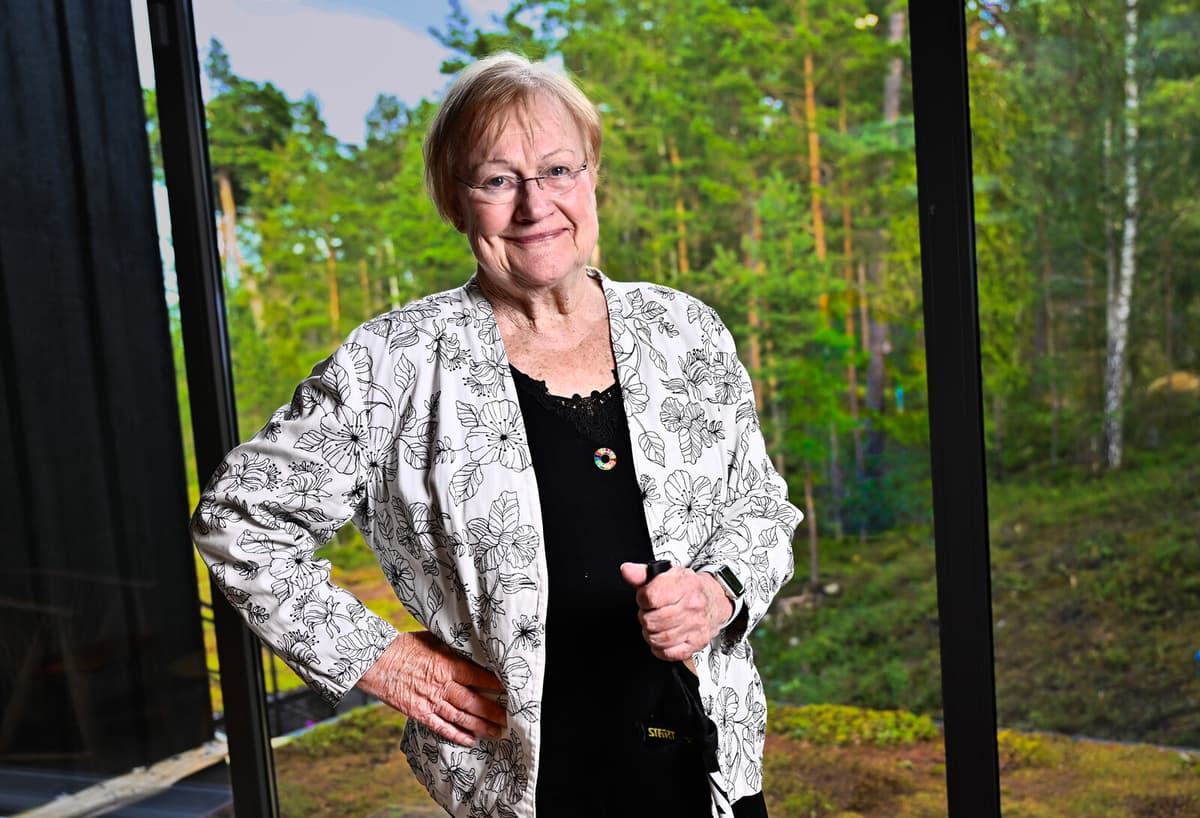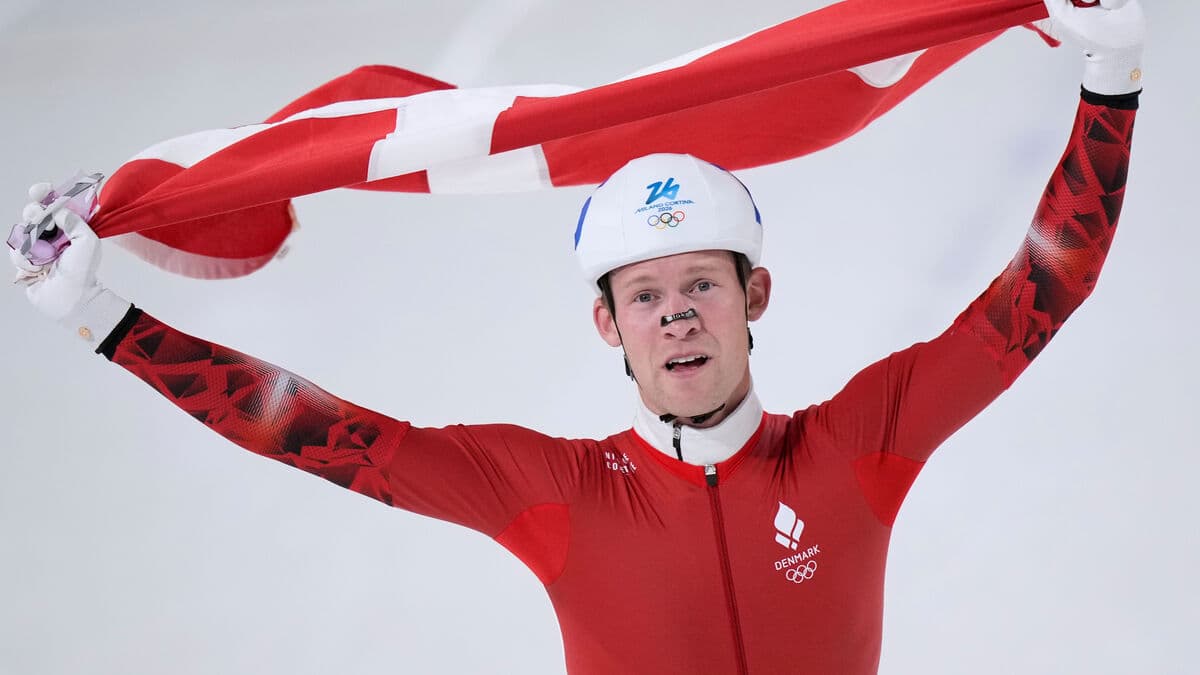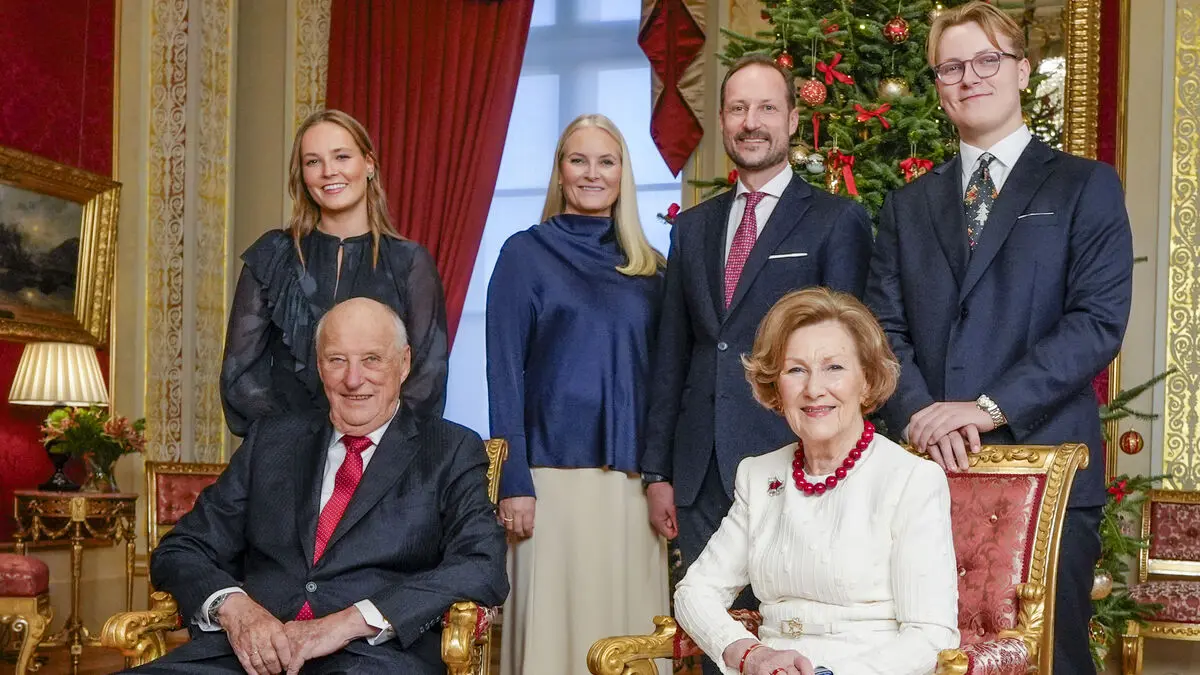It has been 13 years since she left world politics, and Halonen emphasizes that Putin is now "a different man". But she still makes an assessment of what is most important to him in Ukraine.
Tarja Halonen recently visited Sweden, to participate in a high-level conference at Artipelag outside Stockholm. In an interview with TT, she tells how a tough upbringing, in the working-class quarters of Berghäll in Helsinki, came in handy when she, as president between 2000-2012, met Putin.
I know how the guys talk. And he has a similar background, from St. Petersburg. He was not a good boy, she says with a glance over Värmdö's archipelago landscape.
Everyone went to Moscow
As a politician, Halonen met Putin many times, and in hindsight, she has partly received harsh criticism for their good contact. But she reminds that in principle, all European colleagues thought the same way back then.
When I was president, all Western leaders went to Moscow. It was a time when we still believed we could build a new, cooperative Europe.
She sees the Putin of the past as "a different man" than today. As an example, Halonen mentions that he showed understanding for her line on the injustice of the Soviet Union seizing Karelia and other areas in eastern Finland in connection with World War II.
Then, Putin thought that period - World War II, the Winter War, and the Continuation War - was perhaps not the finest time in Russia's war history.
But now he is behaving in exactly the same way, Halonen continues, referring to the fact that the Russian regime refuses to compromise on the Ukrainian territories it has taken in its war of aggression.
Advertisement
Believes Crimea is most important
She emphasizes that she is not involved in today's politics, but still makes her assessment of what Putin himself thinks.
I have a feeling, just a feeling, of what he would think is enough.
So far during the war, Russia claims to have annexed five Ukrainian regions - Crimea, Donetsk, Kherson, Luhansk, and Zaporizhzhia - and has the line that it will not negotiate any retreat from there. But Halonen means that one of these regions is closest to Putin's heart.
I think maybe Crimea is the most important, she says.
Advertisement
But adds:
I'm not sure. And it's better not to disturb the work of the current politicians.
No contact
Halonen also mentions that she last met the Russian leader over ten years ago, when she had stopped being president. She remembers that they talked about the then highly topical war in Syria, and that Putin was dissatisfied with Finland's criticism of Russian bombings - but that they then, as on several other occasions over the years, could only agree to disagree.
I don't know how Putin thinks today. We have no contact.
Advertisement
Henrik Samuelsson/TT
Facts: Tarja Halonen
TT
Born in the middle of World War II, on Christmas Eve 1943. Grew up in Berghäll in Helsinki.
Became a social democrat in her mid-20s, in the late 1960s, and began her own political career in Finland a decade later.
Got her first ministerial post in 1987. Was foreign minister during the second half of the 1990s, and then came into contact with Vladimir Putin for the first time.
Was elected in 2000 as Finland's first female president, and at the same time switched to being non-partisan. Left the presidency after two terms in 2012.
Has been married to Pentti Arajärvi since 2000. Has a daughter, Anna, from a previous marriage.






